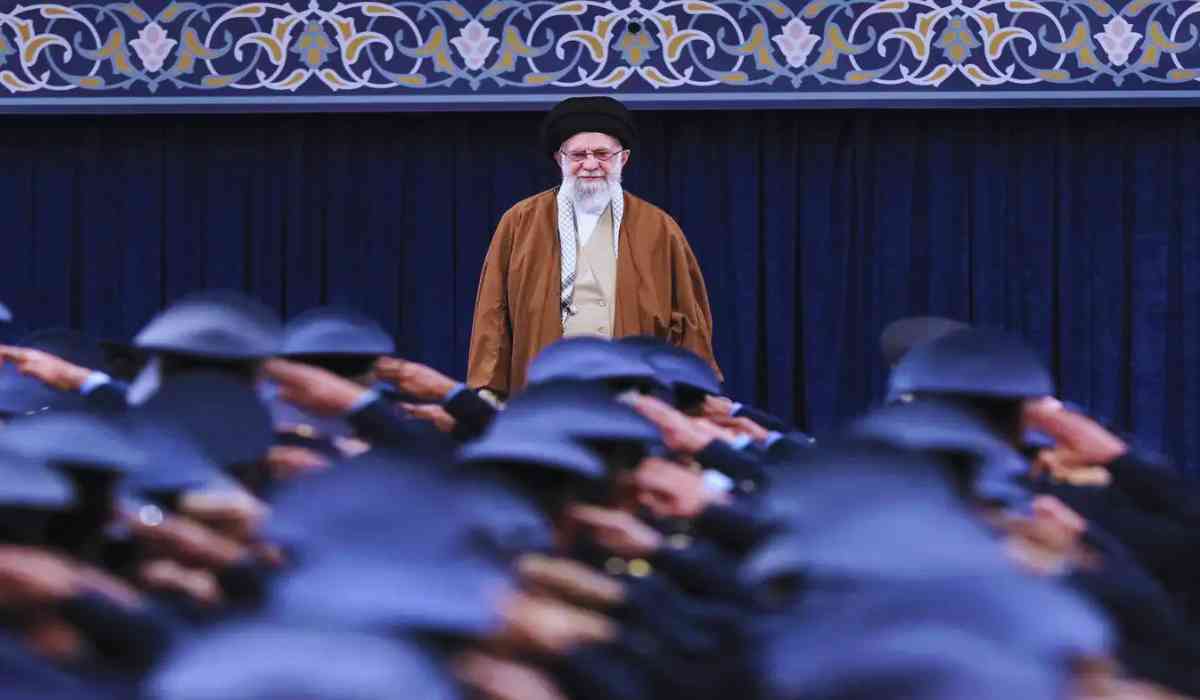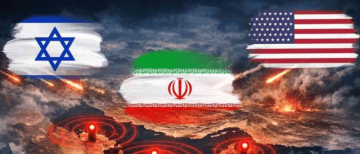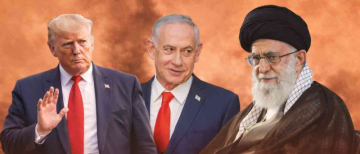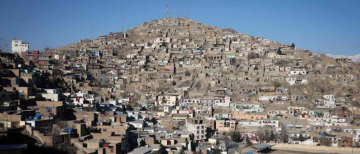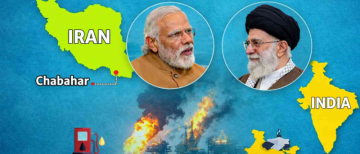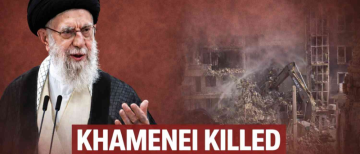Tensions between Iran and Israel have reached a new high, with Iran announcing that it will not return to nuclear negotiations until Israeli military attacks come to a halt. This development has put the future of diplomacy in the region at risk and raised concerns around the world about the possibility of a wider conflict.
What Happened?

In recent days, Iran and Israel have exchanged missile attacks, escalating a conflict that has been simmering for months. Iran’s government has made it clear: as long as Israeli strikes continue, there will be no discussions about its nuclear program. Iranian Foreign Minister Abbas Araghchi stated that Iran is only willing to consider diplomacy once Israel’s “aggression is stopped,” emphasizing that Iran’s nuclear program is for peaceful purposes and that the country’s right to self-defense is non-negotiable.
European diplomats tried to revive talks in Geneva, urging Iran to return to the table. However, Iran rejected these calls, insisting that an end to military aggression must come first. Meanwhile, Israel’s representatives at the United Nations have declared that their military operations will continue “until the nuclear threat from Iran is eliminated”.
Why Is This Important?
The standoff has significant implications for global security. Iran’s nuclear program has long been a point of contention. Western countries, especially the United States and Israel, worry that Iran could develop nuclear weapons if its program is not strictly limited. Iran, on the other hand, insists its program is peaceful and that it has a right to enrich uranium for energy and research.
The conflict has also affected ordinary people. Hundreds of American citizens have evacuated Iran since the air conflict began. The International Atomic Energy Agency has warned that Israeli strikes are making it harder to monitor Iran’s nuclear sites, raising the risk of a dangerous situation.
What Do People Think?
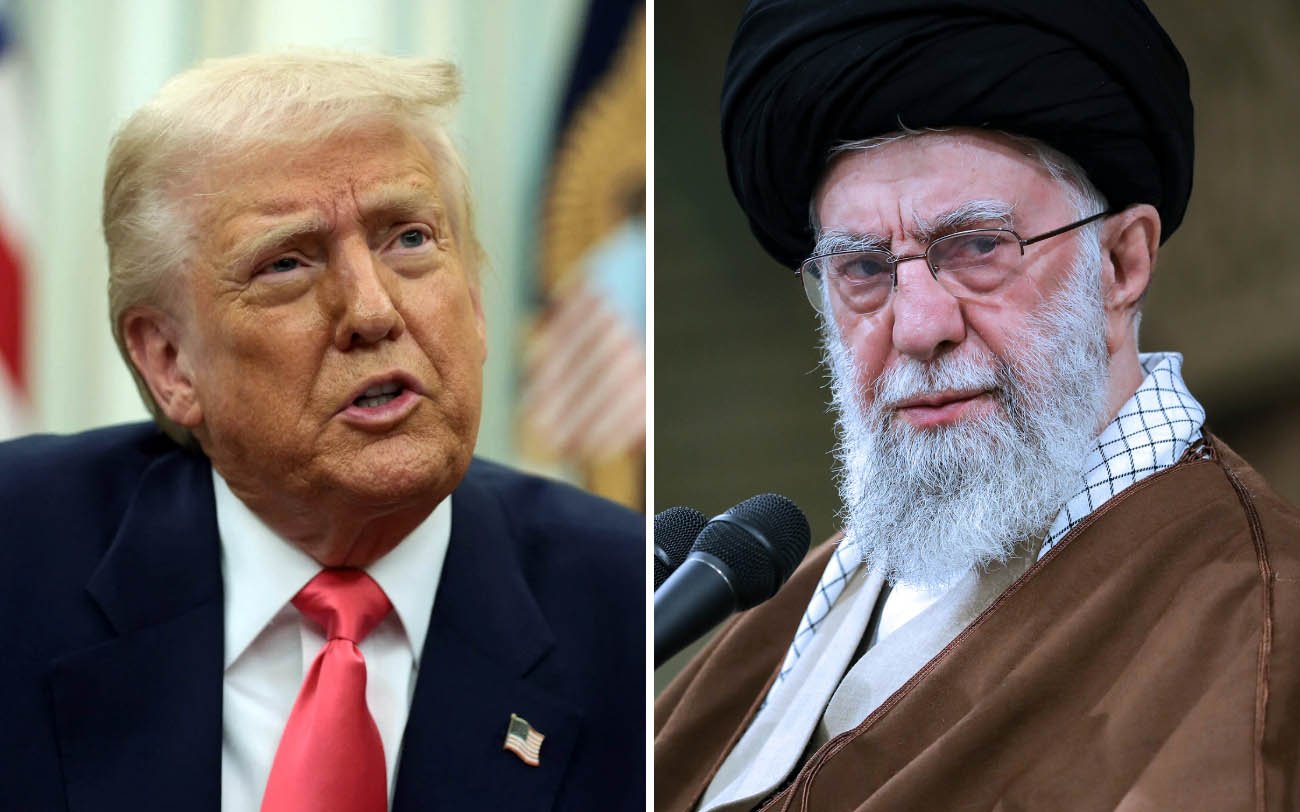
Public opinion in the United States is divided, but a majority of Americans support diplomatic solutions over military action. According to a recent survey, 61% of Americans believe the U.S. should participate in a deal that lifts some sanctions on Iran in exchange for strict limits on its nuclear program. However, there are sharp divides along political lines: most Democrats and Independents support negotiations, while fewer Republicans do. Despite this, many Americans are willing to consider tougher measures if diplomacy fails, such as cyberattacks or even airstrikes on Iranian facilities.
The Bigger Picture
Iran’s refusal to negotiate under fire is not just about the current conflict—it’s about trust. Iranian officials have accused the U.S. of using talks as a cover for Israeli attacks, calling recent events a “betrayal of diplomacy”. They argue that meaningful negotiations can only happen if all parties are acting in good faith and not using military force to gain leverage.
For Israel, the stakes are equally high. Its leaders see Iran’s nuclear ambitions as an existential threat and have said they will continue their campaign until they are convinced the threat is gone.
What’s Next?

The window for diplomacy appears to be closing, but it is not shut completely. Some Iranian leaders, including President Masoud Pezeshkian, have expressed support for nuclear diplomacy in the past, indicating that talks could resume if the situation calms down. However, if the violence continues or if Iran’s leadership loses faith in the possibility of a peaceful solution, the risk of a broader war increases.
World powers, including Russia and China, are urging both sides to de-escalate and return to the negotiating table. The United States has said it remains committed to talks, but only if Iran is willing to engage.
Why This Matters for Everyone
This crisis is not just about two countries fighting. It’s about the rules that govern how nations interact, the dangers of nuclear weapons, and the importance of trust in international relations. If diplomacy fails and the fighting continues, the entire Middle East—and the world—could face serious consequences, from higher oil prices to the threat of nuclear proliferation.
At the same time, the strong support for diplomacy among ordinary people shows that there is hope for a peaceful solution. Leaders on all sides face a choice: continue down the path of conflict, or find a way to talk and compromise.
Final Thoughts

The situation is tense, and the future uncertain. But history shows that even the toughest problems can be solved through dialogue—if both sides are willing to listen and make concessions. For now, the world watches and waits, hoping that cooler heads will prevail before it’s too late.
With inputs from agencies
Image Source: Multiple agencies
© Copyright 2025. All Rights Reserved Powered by Vygr Media.

